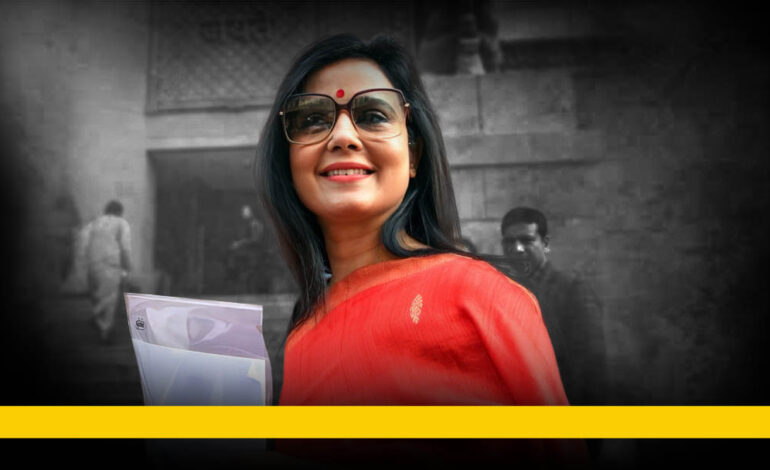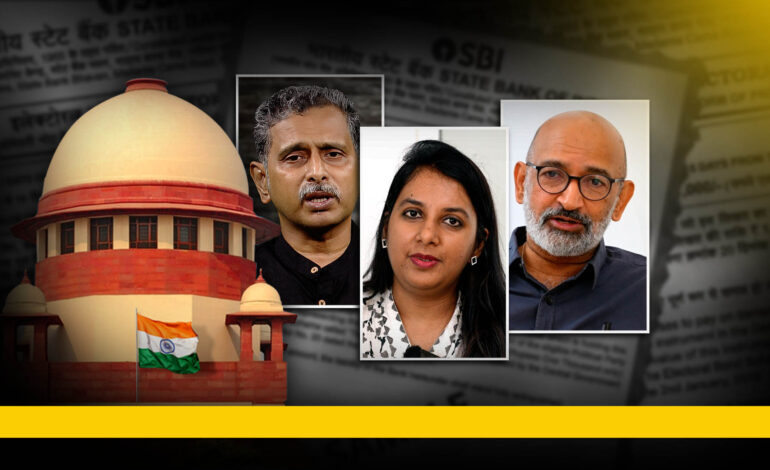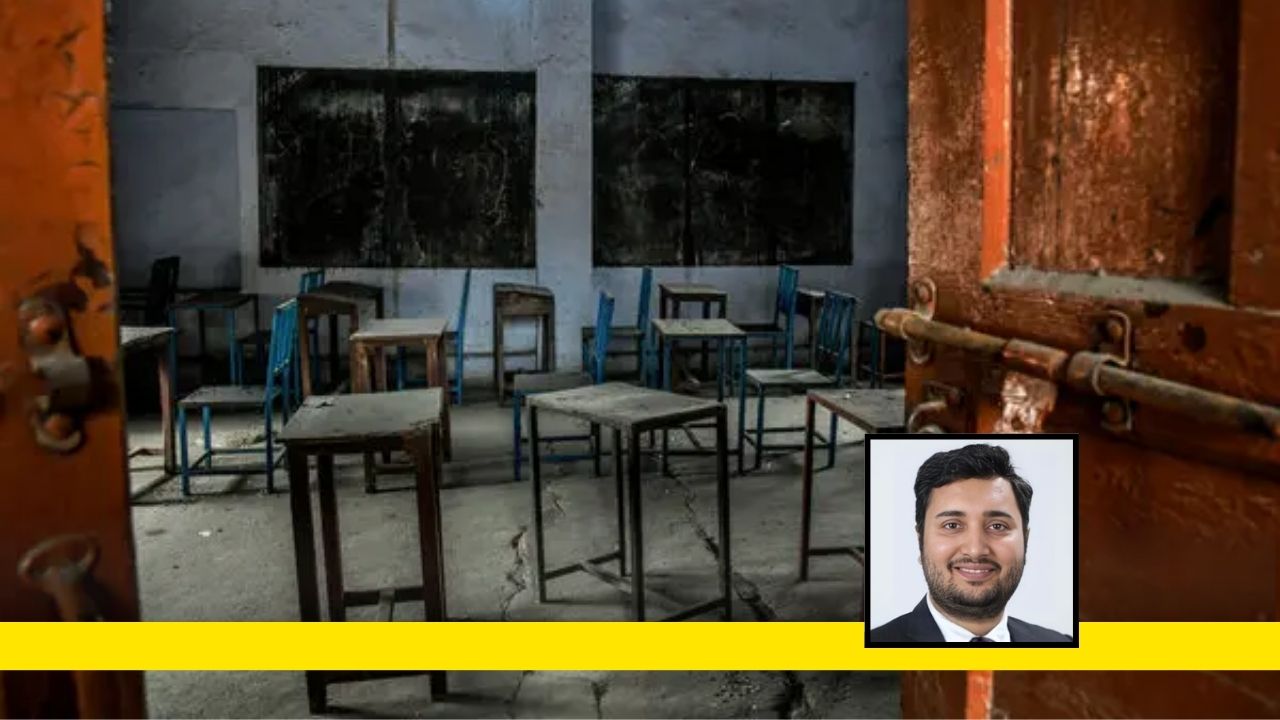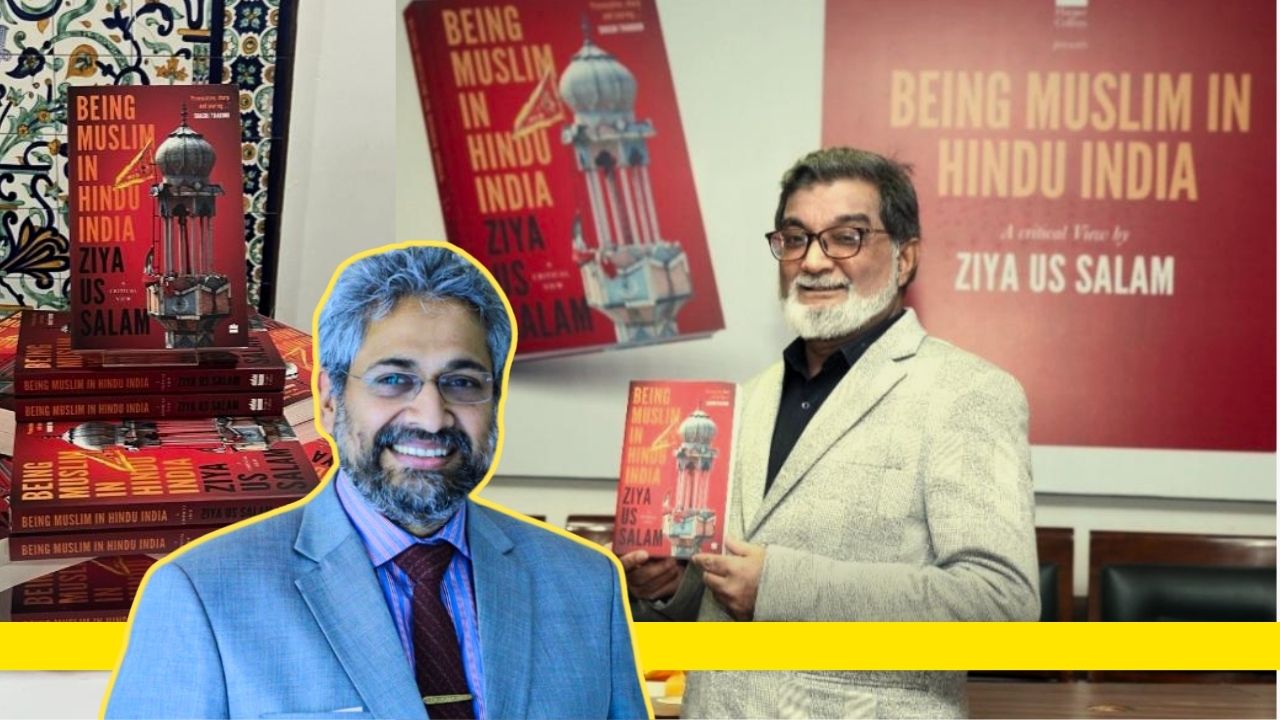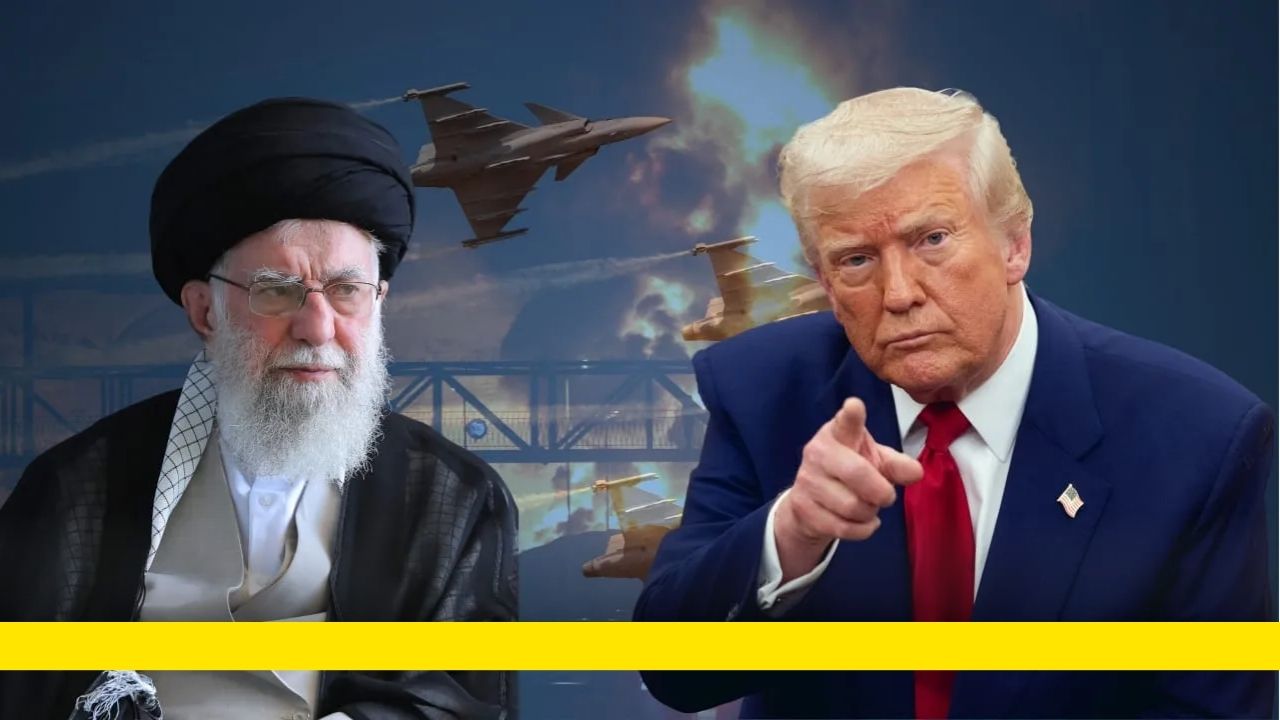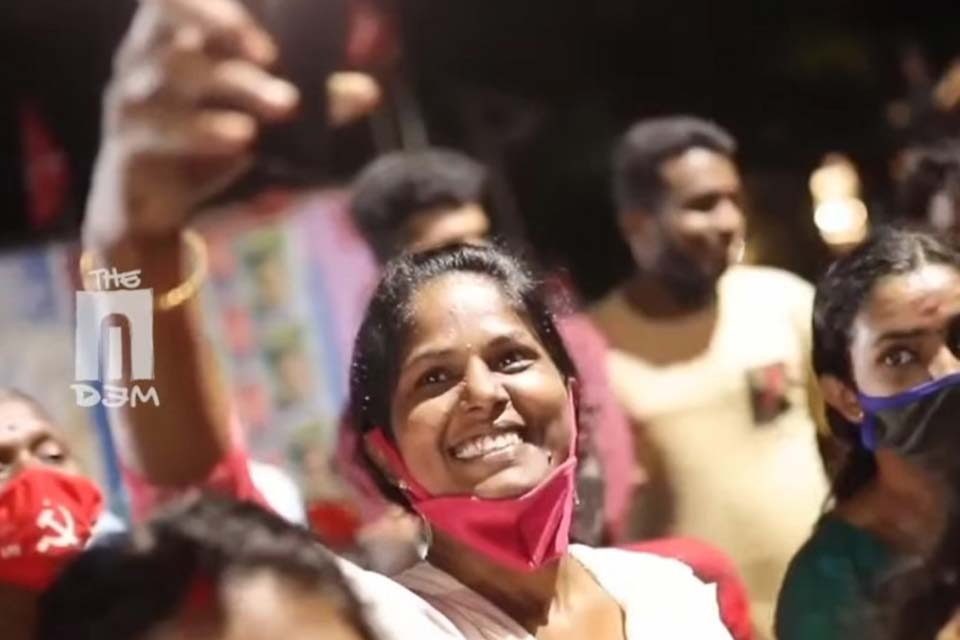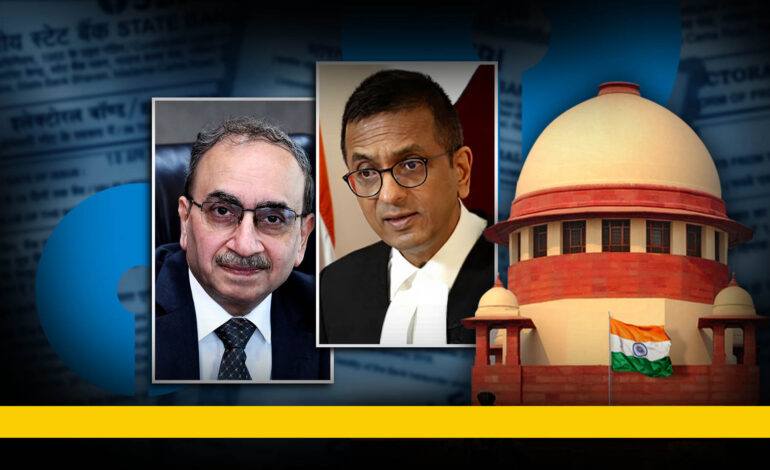
In a stinging direct blow to the State Bank of India (SBI) and an indirect blow to the Narendra Modi led union government, the Supreme Court rejected the request of the bank for more time to disclose details of the electoral bonds scheme. The Apex Court stated categorically on Monday that the bank must share the details with the Election Commission of India (ECI) by Tuesday, March 12. The poll body has been asked to publish the details on its website by 5 pm on Friday, March 15.
The court also warned that it will initiate contempt proceedings against the government-run bank if it does not provide the information by Tuesday. The Apex Court fielded tough questions and asked what the bank was doing for the past 26 days. The SBI had approached the court for an extension, seeking time till June 30, 2024 to furnish the details.
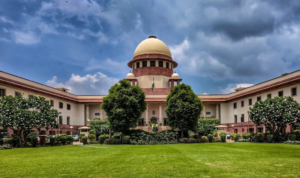
Despite the categorical dismissal of the SBI plea for time till the end of June, the question whether there would be full disclosure on electoral bonds remains. That is because the Apex Court has just asked for the list of donors, but has not specifically directed to match the list of donors with the beneficiary parties.
In other words, the court directive on revealing information covers only two aspects. One: Name of the purchaser of electoral bonds and denomination of the bonds. Two: Bonds redeemed by the respective political parties. The two sets of details are not going to be matched and the SBI is not obligated to connect the purchaser of the bond to the political party, which is the beneficiary!
In the opinion of Senior Economic Affairs journalist Paranjoy Guha Thakurtha, it is now up to the world at large, including journalists, to try and match the names of buyers of electoral bonds with the political parties that received the bonds. He goes on to add that this is not going to be easy. Thakurtha cites several reasons why the process could get cumbersome.
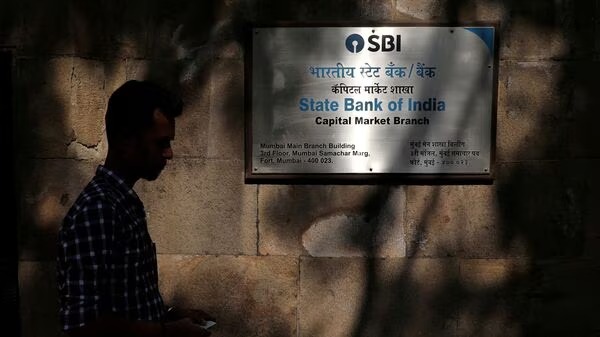
To start with, it is a big question whether the ECI would be able to disclose all the information given to it by the SBI on its website by Friday 15 March. As things stand on March 11, the ECI is a one-person commission, in the context of the mysterious resignation of Arun Goel as member on March 9. With that resignation the only member in the ECI is Chief Election Commissioner Rajiv Kumar (Refer LiveLaw Report).
The big question is whether the ECI will cease to be a one-person commission by Friday 15 March, the deadline given by the SC. Will Prime Minister Narendra Modi, a Minister appointed by him and the representative of the Opposition in Parliament decide the names of two new Election Commissioners? The answer to this question is certainly not clear at the moment. The sum total of this confusion is that the SC course correction initiatives on electoral bonds are moving ahead one painful step after another.
On February 15, when a five judge constitution bench of the Supreme Court struck down the electoral bonds Scheme of 2017, and held the same to be unconstitutional, the expectations were indeed much higher (Refer LiveLaw Report). Indeed, the judgement had come after a gap of six years after filing the case, but Chief Justice of India DY Chandrachud had held, while pronouncing the unanimous verdict of the five-bench constitutional bench, that anonymous electoral bonds are violative of the right to information under Article 19(1)(a) of the Constitution. The right of the voter to know who and what lies behind electoral finances was held to be above the right to privacy of powerful corporations and political parties.
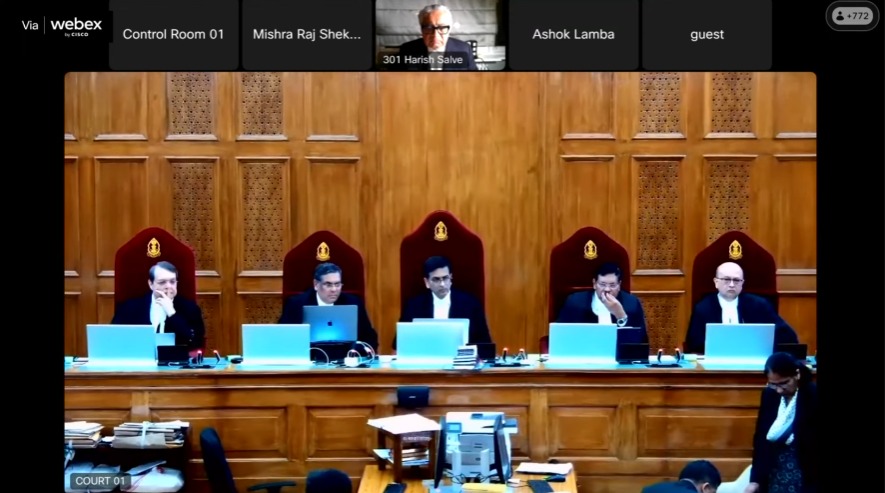
But the limitations and deficiencies in the implementation of the verdict as well as the parameters set for implementation underscore that the constitutional right to information is not going to be fully granted to the people of the country in this case. In that sense, the new ifs and buts are indeed daunting. It would be interesting to reconsider some of the things that the Supreme Court and especially the CJI DY Chandrachud stated in the court on February 15 while delivering the judgement on electoral bonds.
Reading out parts of the 232-page judgement, CJI DY Chandrachud had held that the “Crucial aspect of expansion of right to information is that it is not confined to state affairs but also includes information necessary for participatory democracy. Infringement of the right to information is not justified by the purpose of curbing black money. He went on to add as follows.
“In view of our discussion above, the following directions are issued:
- The issuing bank shall herewith stop the issuance of Electoral Bonds;
- SBI shall submit details of the Electoral Bonds purchased since the interim order of this Court dated 12 April 2019 till date to the ECI. The details shall include the date of purchase of each Electoral Bond, the name of the purchaser of the bond and the denomination of the Electoral Bond purchased;
- SBI shall submit the details of political parties which have received contributions through Electoral Bonds since the interim order of this Court dated 12 April 2019 till date to the ECI. SBI must disclose details of each Electoral Bond encashed by political parties which shall include the date of encashment and the denomination of the Electoral Bond;
- SBI shall submit the above information to the ECI within three weeks from the date of this judgement, that is, by 6 March 2024;
- The ECI shall publish the information shared by the SBI on its official website within one week of the receipt of the information, that is, by 13 March 2024; and
- Electoral Bonds which are within the validity period of fifteen days but that which have not been encashed by the political party yet shall be returned by the political party or the purchaser depending on who is in possession of the bond to the issuing bank.”
While the CJI stated the above in clear terms, Justice Sanjiv Khanna stated the following in a separate judgement running into 74 pages. He concurred with the majority view on the unconstitutionality of the Schemes on several crucial counts, and was even more specific and direct in its directions. In examining one accept that was argued but not pressed by the lead petitioner, Association for Democratic Reforms (ADR), Justice Khanna outlined the coercive elements at the heart of the scheme that require further examination and study. This included the argument that there should be a cap on the quantum of donations and further, that the law should stipulate that the funds thus collected through electoral bonds should be utilised for political purposes alone given that the income of the political parties is exempt from income tax.
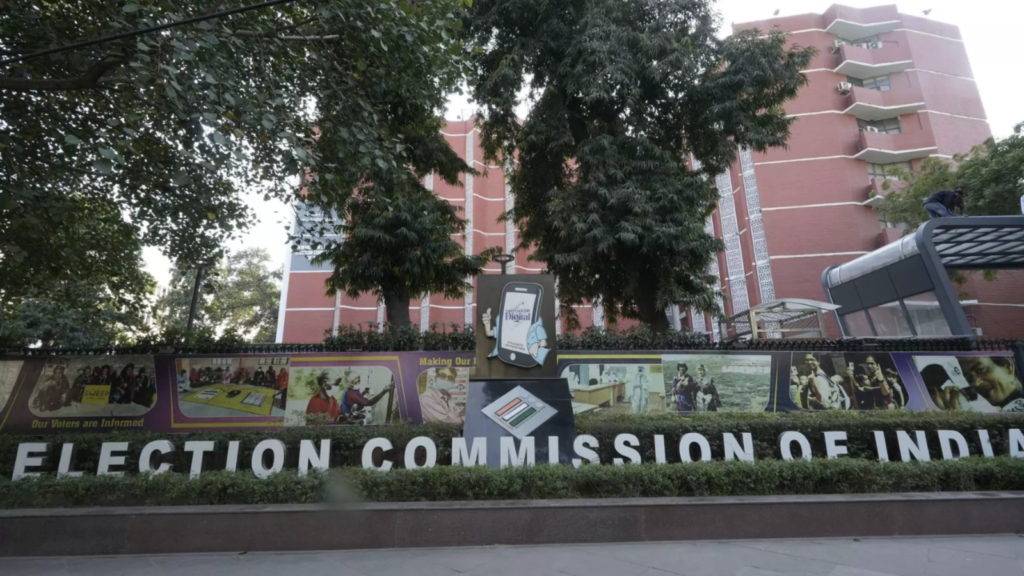
Citing these aspects, Justice Khanna further stated that “according to us, the just and proper interim direction would be to require all the political parties who have received donations through Electoral Bonds to submit to the Election Commission of India in sealed cover, detailed particulars of the donors as against the each Bond; the amount of each such bond and the full particulars of the credit received against each bond, namely, the particulars of the bank account to which the amount has been credited and the date of each such credit.” He also further directed the ECI to disclose the full particular details of the donor and the amount donated to the particular political party through Bonds.
Clearly, the situation that prevails on March 11, in terms of implementation of the February 15 judgement, raises questions whether the spirit of the February 15 judgement would be upheld collectively by the SBI and ECI. Hopefully, the Apex Court itself would take steps to clear these doubts and apprehensions.


